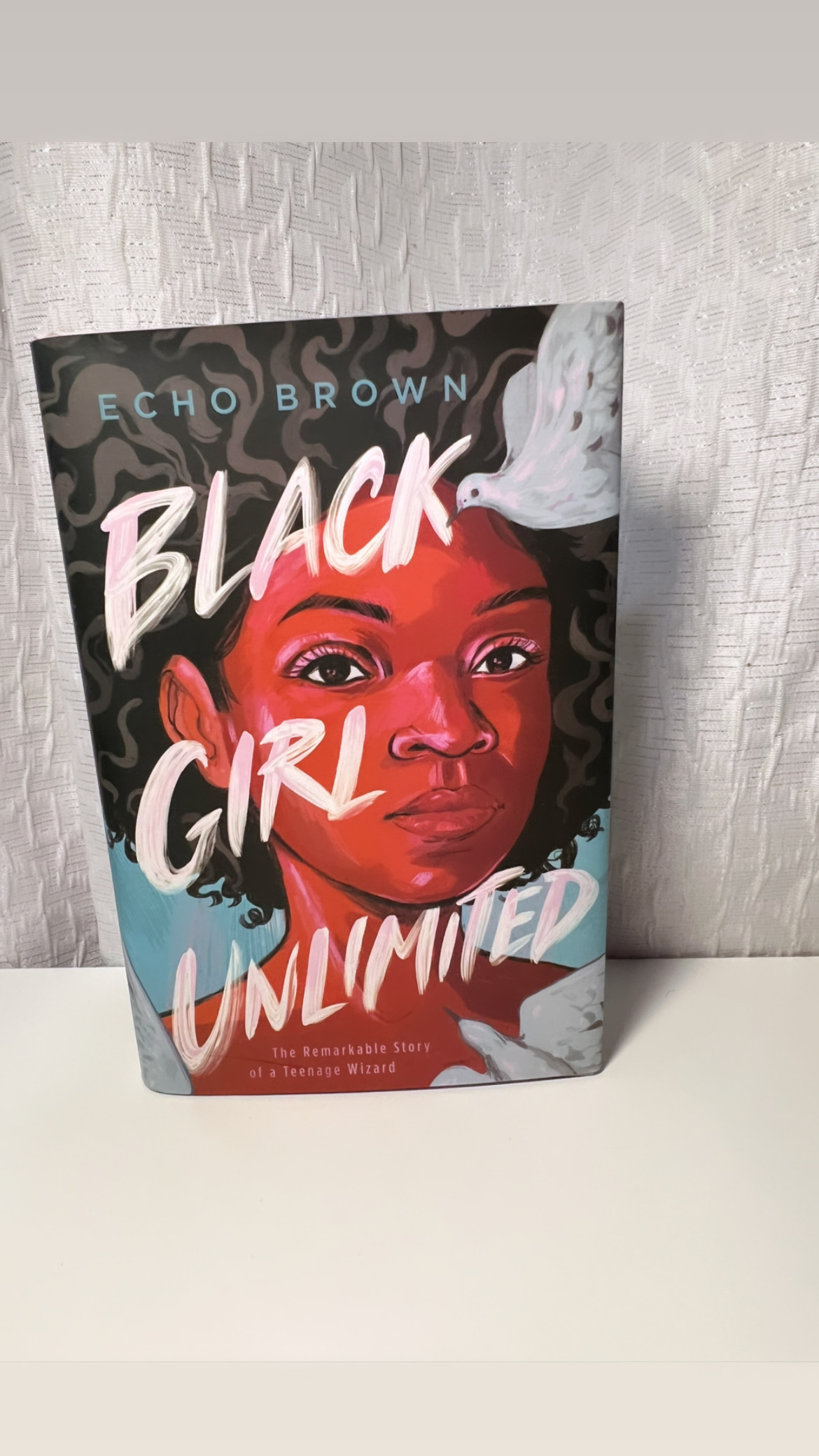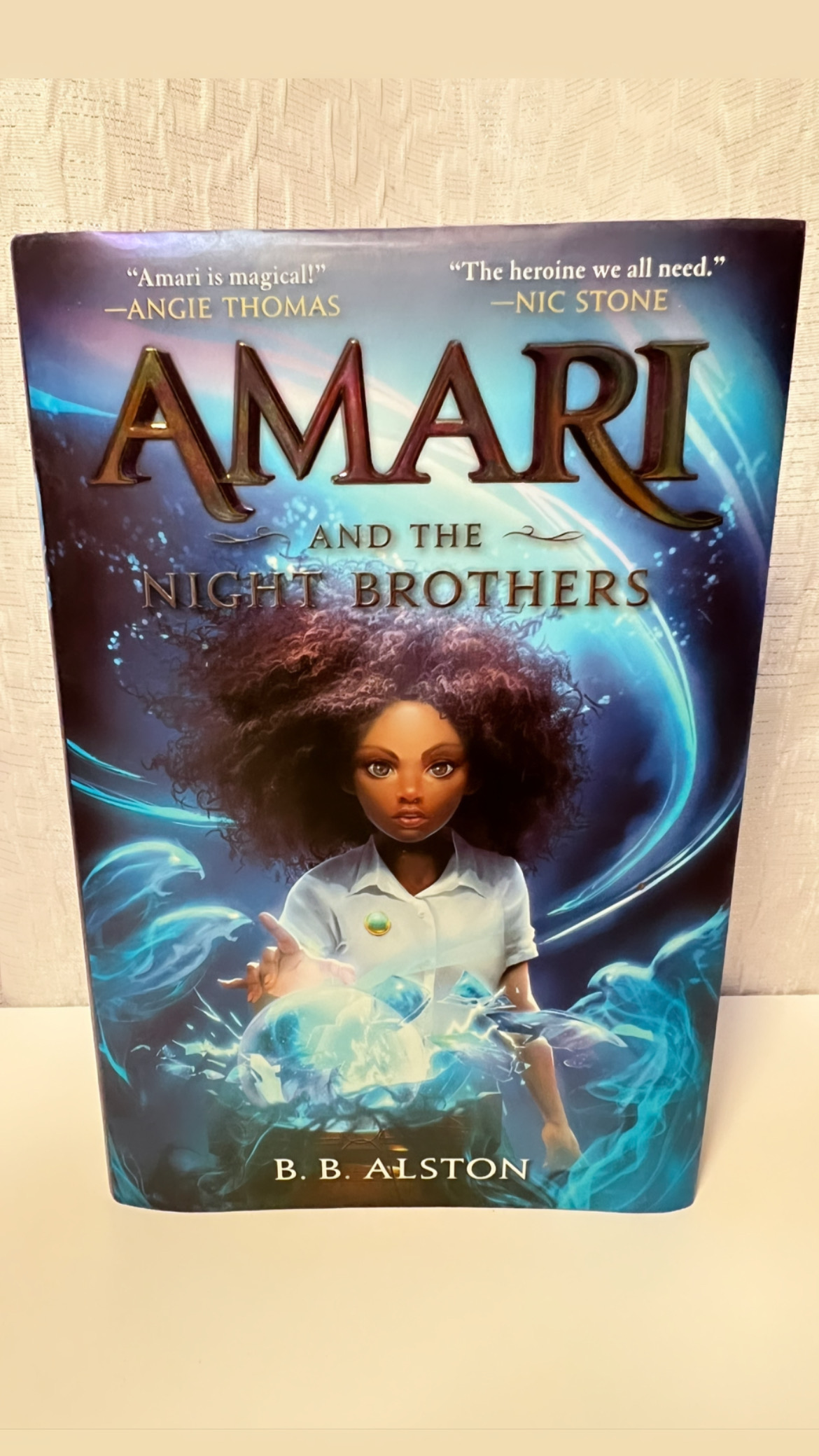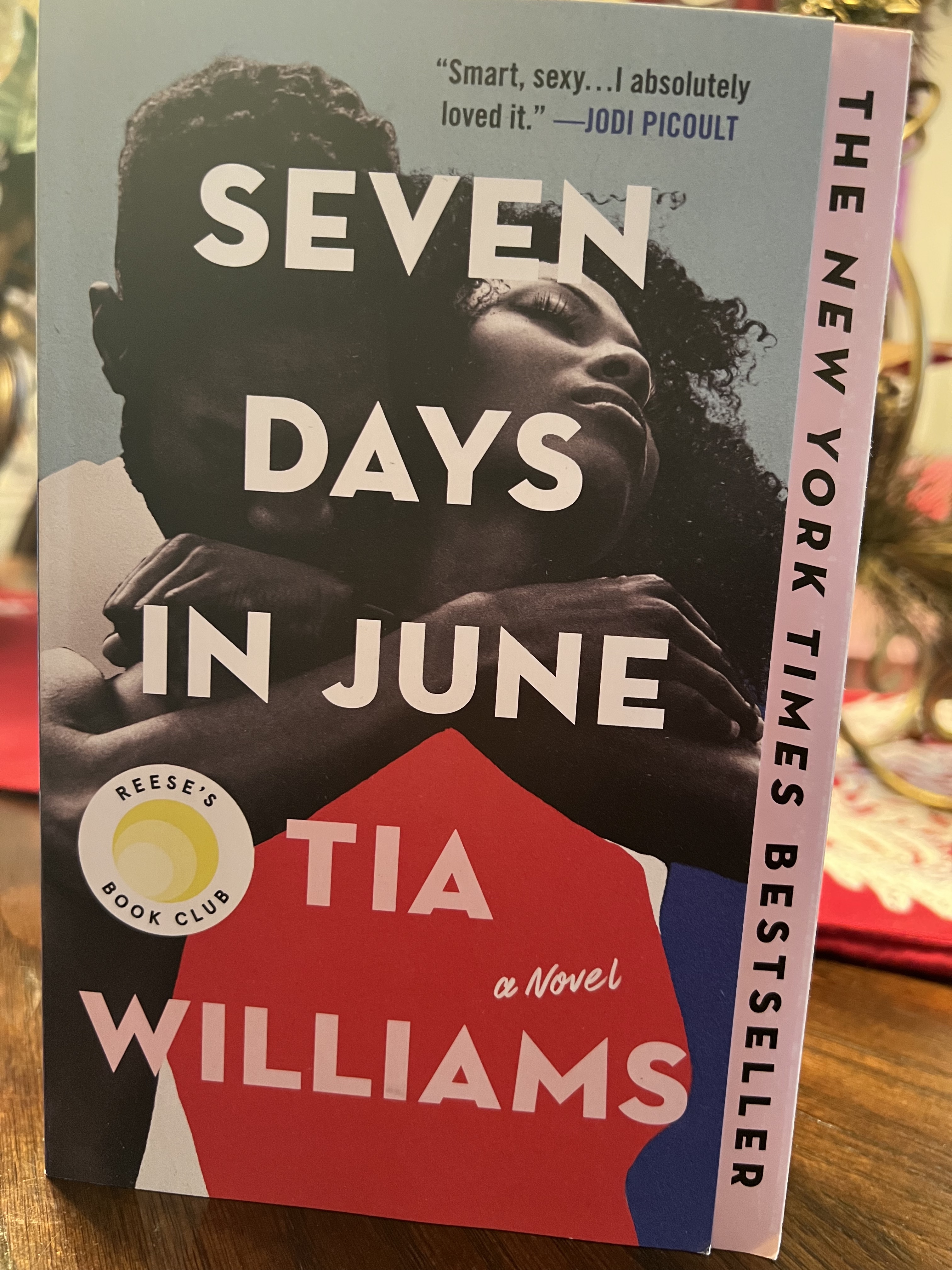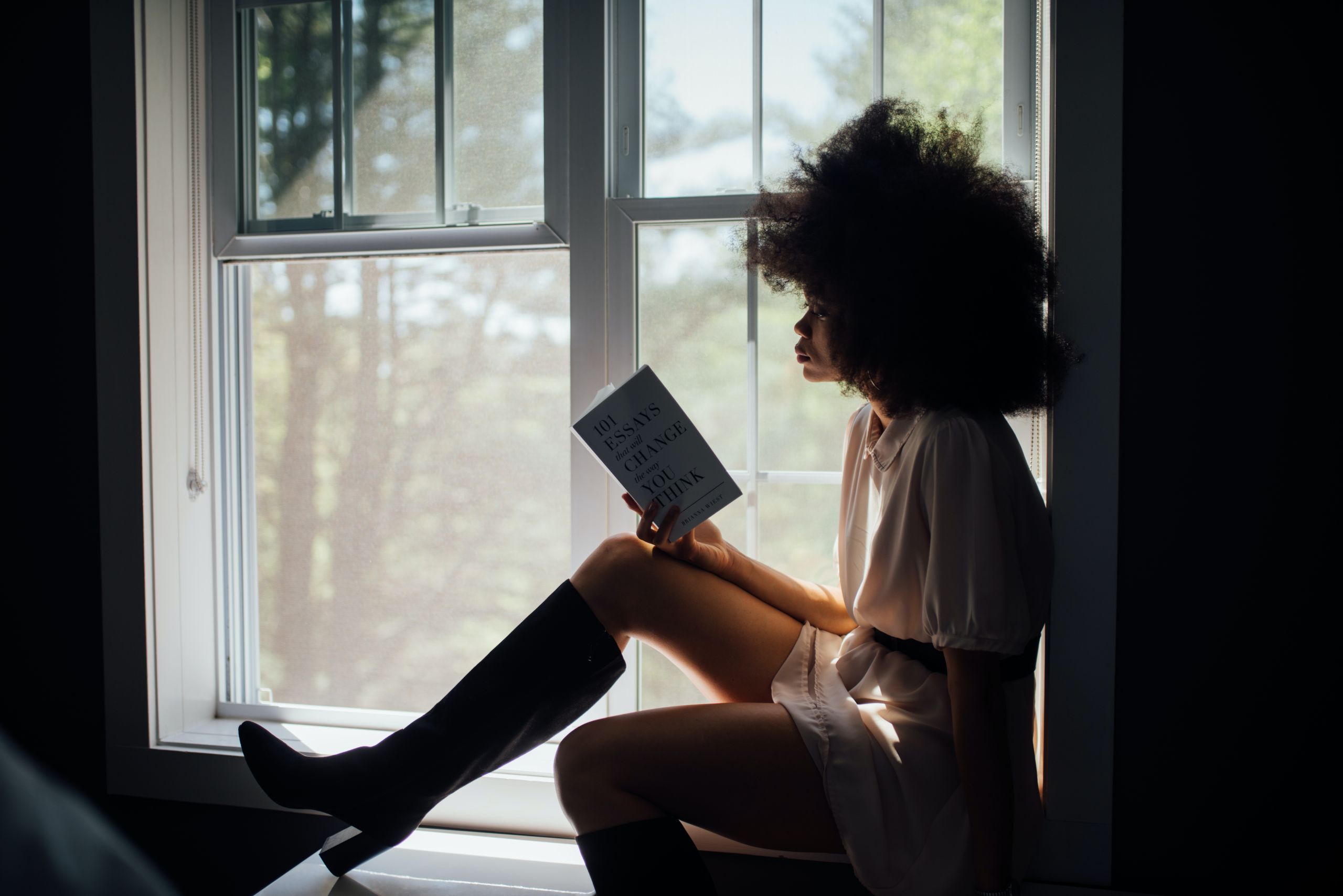There are no major spoilers, all the information provided is in the book’s synopsis.
Black authors are aware of the exclusion of people of color from fiction and appreciate the significance of diversity. When we don’t tell these stories that truly represent the diverse identities in our society, they are erased and a lot of voices are muted.
“People also don’t realize that the gatekeepers in publishing are slow to amplify the voices of people of color,” Isaiah Saddler, senior writing and narrative arts major, said.
Children live in a world where the ethnic backgrounds of people are rarely considered, and they look for themselves in everything they watch and read.
“Because the book market is highly saturated with white authors, having Black authors within the literary world brings such an abundance of diversity that would not be if there were no representation,” Jahmeelah Ries, senior digital communication and social media major, said.
“Especially when we look at the Harlem Renaissance, so many Black poets and writers during the 1920s had a new sense of Black pride, social consciousness and political activism. We see it in poets such as Langston Hughes, Claude McKay, W. E. B. Du Bois and so many other amazing African American artists who were able to express themselves freely,” Ries said.
Black authors deserve recognition.
Here are a few recommended books by Black authors:
“Black Girl Unlimited,” by Echo Brown

Echo Brown writes innovative autobiographical young adult novels with a magical realism style. In this young adult fiction, Brown explores the topics of depression, poverty, racism and sexism in her novels. In “Black Girl Unlimited,” Brown teaches readers how to persevere in the face of loss, live in a society where oppressive and exploitative systems are in place, and that it is valid to grow and leave a place that does not serve you any longer. Brown lives in the East Side of Cleveland, Ohio, where poverty is high and everyone around her suffers from mental health issues, drugs, and inequitable systems. Brown grows to realize that she must get away from this. Her message to young Black girls and boys is that their options are endless and they should pursue their passions with no fear. For readers interested in reading more of Brown’s books check out “The Chosen One: A First-Generation Ivy League Odyssey.”
“Amari and the Night Brothers” by B.B. Alston

In this novel by B.B Alston, Amari and her elder brother Quinton live in low-income housing, where Quinton is referred to as “the star” due to his intelligence. When Quinton suddenly disappears, it’s Amari’s turn to discover the truth about the world and discover that magic is real. She then has the chance to track down Quinton and bring him home safely. The Author B.B. Alston offers a glimpse at how society automatically assumes that when a Black person goes missing, they were involved in some sort of illicit activity.
In his writing, Alston depicts strong, Black children with powerful abilities.
“Black children will be encouraged to write their own stories after reading a fantasy novel by a Black author and realizing that they can have special abilities,” Malik Washington, senior political science major, said.
“The Sun is Also a Star” by Nicola Yoon
“The Sun is Also a Star” explores social and emotional topics like fate, love, family, culture, and immigration. This narrative by Yoon encourages people of color to make connections between their individual experiences and consider their place in the larger American society. The novel brings together Natasha and Daniel, two POC who come from very different worlds. Despite the challenges of their backgrounds, they fall in love.
“Honey & Spice” by Bolo Babalola
In this novel, Babalola writes about a British Black woman named Kiki who doesn’t believe in love and even hosts a radio show warning women not to fall for players. But when she meets Malakai, the player she talks about, she quickly realizes she isn’t taking her own advice. Babalola illustrates to readers that POC also experience spontaneous love.
“Seven Days in June” by Tia Williams

In Williams’ novel, Eva and Shane, both writers, happen to run into each other at a Black literacy event, but Nobody else knows that they first met 15 years earlier, and fell in love until Shane broke Eva’s heart. They decide to reconnect, but Eva fears experiencing heartbreak once more.
In a LitHub interview, Williams said, “The publishing industry for those of you who don’t know—is very, very white, and historically has always been.” She noted how difficult it is to get simply publish a Black romance novel. She said the publishing industry wants to promote oppression of POC and that they refuse to believe a book will sell unless the character has gone through some hardship.
The fact that this book is a New York Times bestseller shows that Williams has taken the step to create a space where black people do not have to struggle to succeed.




